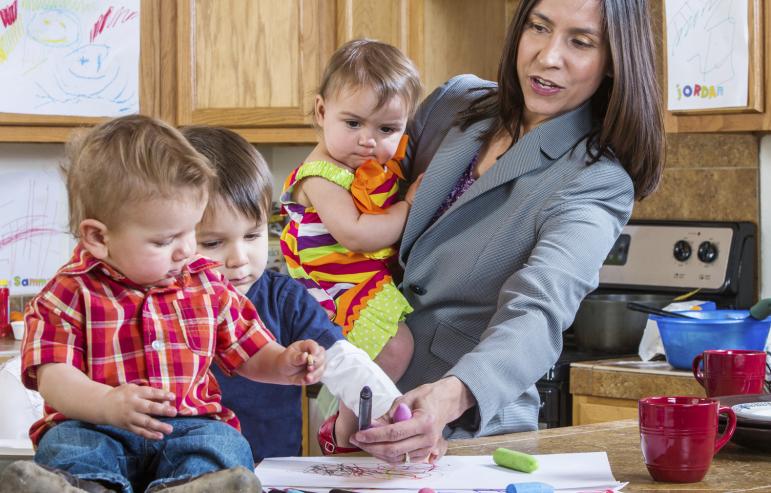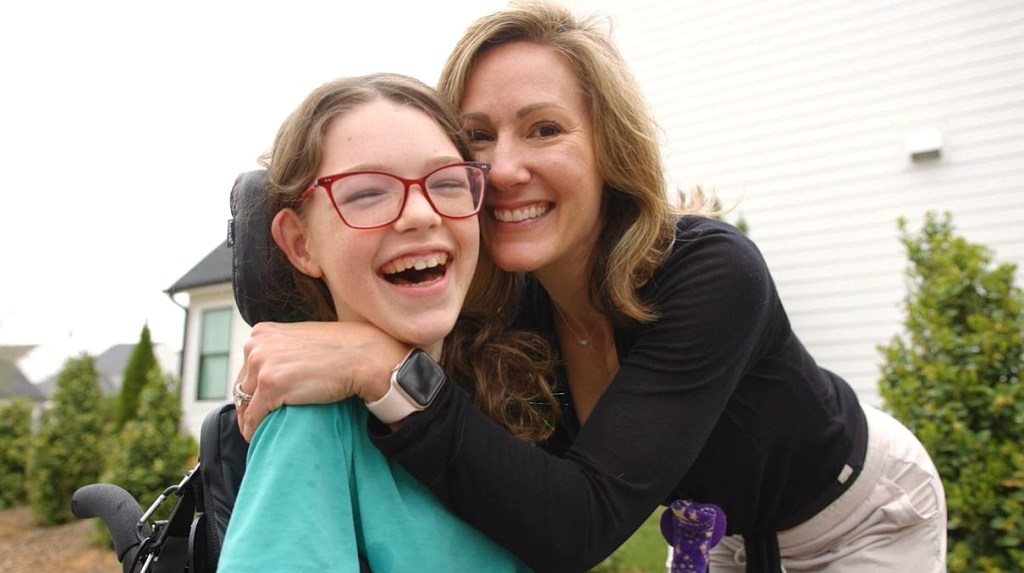
Balancing Career, Family and Caregiving: Caregivers Say They Feel the Squeeze
“Should I quit my job because of my caregiving responsibilities?”
When asked in the survey, “Do you struggle with the question, ‘Should I quit my job because of my caregiving responsibilities?’” more than 27 percent said yes, 32 percent said no, and 28 percent said “sometimes.” If the data seems ambiguous, the comments tell the story: “I talked to my manager in December 2015 and told her I could no longer keep up this pace. They offered me one-year unpaid leave to sort out the lack of available nursing or they could eliminate my position and give me severance. I chose the latter….” Said another: “It’s actually not a question for me – I HAVE to work in order to stay solvent and keep a home and food on the table. Thankfully, I have adult children at home who can help and right now my career is not so critical that I can’t leave him alone. But I fear that time will come sooner than I hope.” In their case, having children at home actually helps the situation—of course, they’re adults. Some employees use the Family Medical Leave Act to care for a parent, which may be unpaid time off but at least allows for someone to keep their job while being away for caregiving. More than two thirds surveyed said they don’t even dare discuss their caregiver situation with their employer because nothing good will come from it.Tips for caregivers struggling with balancing work and caregiving
Caregivers must educate themselves about their loved one’s illness immediately upon diagnosis and be prepared, realistically, for what’s ahead. A dementia-related illness means eventually a loved one will need round-the-clock care, and depending upon the diagnosis, it may happen sooner rather than later. Hiring a professional caregiver early on can help a family caregiver learn the ropes and make the transition from career to full-time caregiver smoother. Some people may choose to work part-time while a loved one goes to adult daycare. Others find that the electronic age makes working from home—even working for one’s self—a lot easier than it used to be. In fact, in today’s economy, many employers are hiring more and more workers on a contract or freelance basis. Joining a condition-specific caregiver support group (Alzheimer’s, MS, etc.), even if it is only an online group, is critical. It’s a safe place to vent about frustrations you encounter at work. Other members of the Sandwich Generation also will share tips abut how they handle having both their children at home as well as the elders, and in some cases find it helpful.More insights like this:
-

What is the South Dakota Medicaid HOPE Waiver?
Read more: What is the South Dakota Medicaid HOPE Waiver?The Home and Community-Based Options and Person Centered Excellence (HOPE) Waiver is a Medicaid waiver program supporting care for nursing home-eligible individuals in non-nursing home settings with the goal of reducing costs. The program makes it possible for qualifying elderly recipients to remain in community settings, such as their own homes or independent…
-

Get Paid to Be a Caregiver Through Connecticut Medicaid
Read more: Get Paid to Be a Caregiver Through Connecticut MedicaidFamily caregivers improve the quality of life and well-being of their loved ones across Connecticut. They often provide around-the-clock care at home including hands-on support with activities of daily living (ADLs), all while ensuring the health and safety of their loved one. Many caregivers don’t realize they can receive payment and support for…
